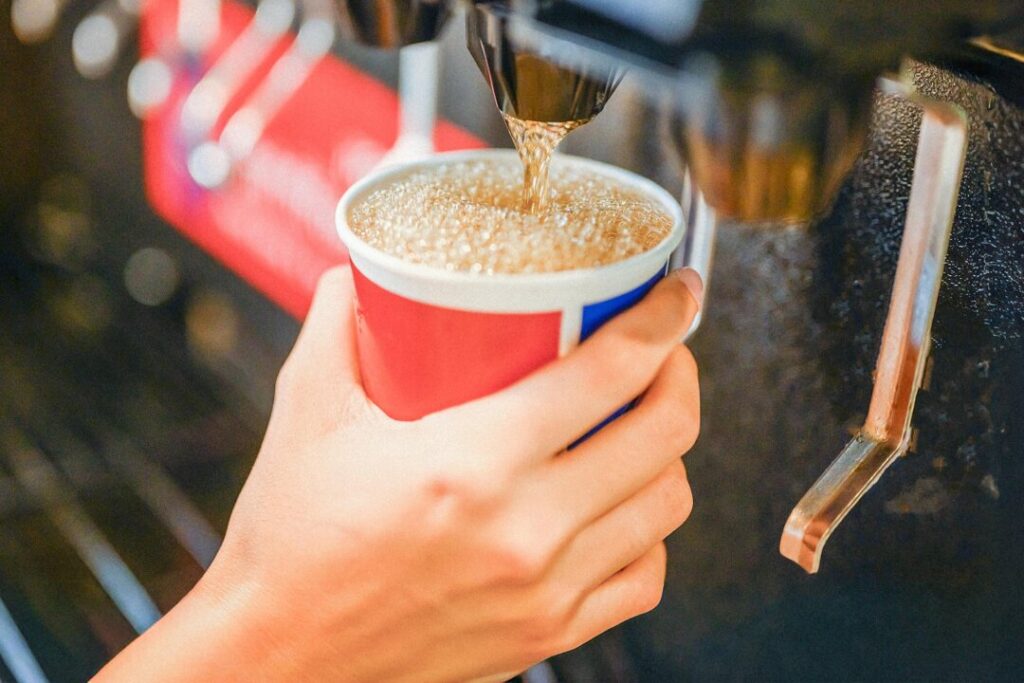
New research reveals that consuming more than one can of soda daily, whether regular or diet, may significantly increase the risk of liver disease. A comprehensive study involving nearly 124,000 people found that even a single daily serving of artificially sweetened beverages is associated with a heightened risk of developing nonalcoholic fatty liver disease (NAFLD), also referred to as metabolic dysfunction-associated steatotic liver disease (MASLD).
The implications of this study are concerning, as MASLD has emerged as the most prevalent chronic liver disease globally, impacting more than 30 percent of the population. This condition is characterized by fat accumulation in the liver, which may lead to inflammation, pain, fatigue, and a diminished appetite. As MASLD continues to rise in prevalence, it is becoming a leading cause of liver-related mortality.
Understanding the Health Risks
The findings indicate that individuals who regularly consume soda, including diet versions, may be unaware of the potential health risks associated with these beverages. MASLD is not attributed to alcohol consumption, which sets it apart from other liver diseases. Instead, it is connected to metabolic dysfunction, which can be exacerbated by high sugar intake and artificial sweeteners found in sodas.
Research indicates that the liver plays a crucial role in processing and metabolizing sugars, and excessive consumption of sugary drinks can overwhelm this system. As the liver struggles to manage the influx of sugars, fat can accumulate, leading to the aforementioned health issues.
Dr. Jane Smith, a leading hepatologist, emphasizes the need for public awareness regarding diet sodas. “Many people assume that choosing diet options is a healthier decision,” she stated. “However, our study suggests that the risks associated with these drinks may be more significant than previously thought.”
Broader Impacts on Public Health
With the rising rates of MASLD, public health officials are increasingly concerned about the implications for healthcare systems worldwide. The condition has been linked to a range of serious health issues, including liver cirrhosis and even liver cancer. As lifestyles become more sedentary and diets high in sugar and artificial sweeteners gain popularity, the incidence of liver disease is expected to escalate.
In light of these findings, health experts are calling for more stringent regulations on sugary and artificially sweetened beverages. They advocate for public education campaigns to inform consumers about the potential risks associated with high soda consumption.
As the understanding of liver health evolves, it is crucial for individuals to consider their beverage choices carefully. Reducing soda intake and opting for healthier alternatives may play a vital role in preventing liver disease and promoting overall health.
In conclusion, the research serves as a significant reminder of the potential health risks tied to daily soda consumption. With MASLD affecting a considerable portion of the global population, a shift towards healthier dietary habits could be essential in combating this growing health crisis.







